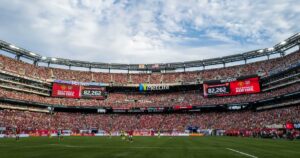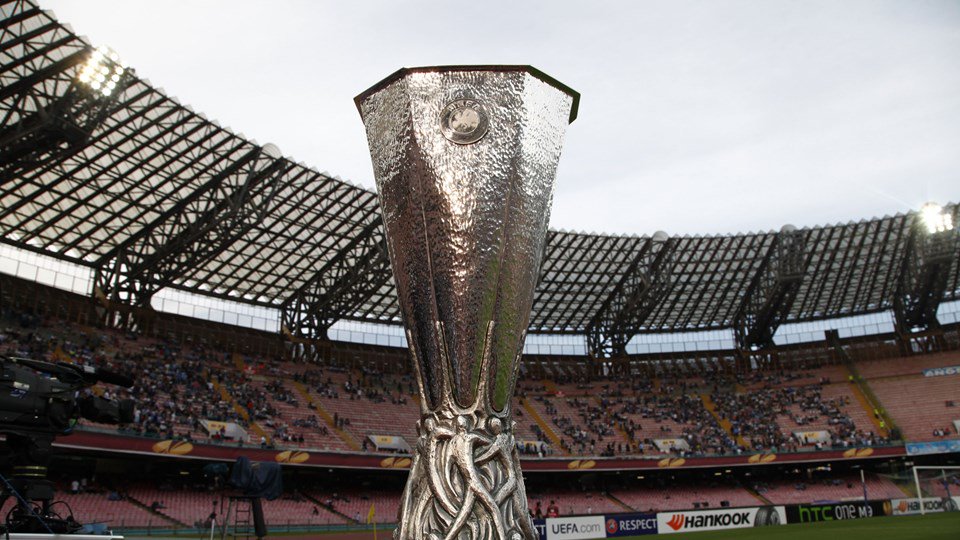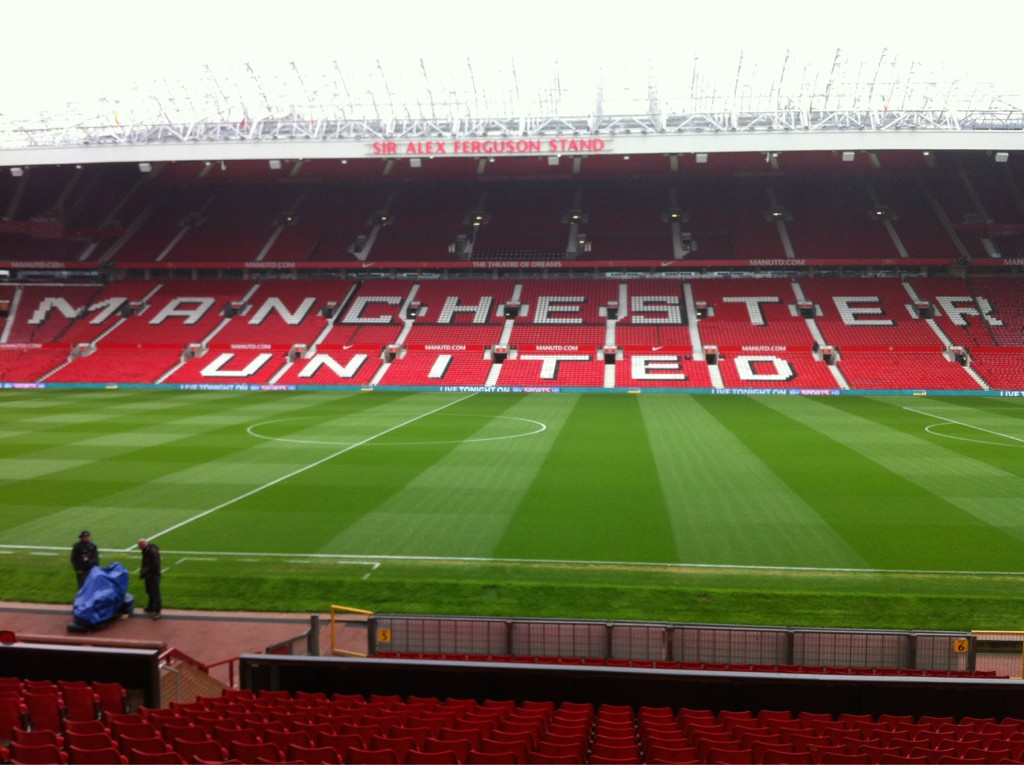 United’s six month financial results were released on Tuesday and one of the things that jumped out at me was the huge rise in wages paid to players.
United’s six month financial results were released on Tuesday and one of the things that jumped out at me was the huge rise in wages paid to players.
With the retirement and sale of older players like Garry Neville, VDS, O’Shea, Brown, Obertan and Scholes (his return is not included in these figures) and younger (and you would imagine cheaper) players coming in, I expected United’s wage bill to stay even if not drop. But the opposite happened.
After the 12.2% year-on-year growth in staff costs in Q1, they rose by nearly 15% in Q2. This increase is before any end of season bonuses obviously, so can only be put down to significantly more expensive deals for key players. Players who have signed new contracts this season include Javier Hernandez, Antonio Valencia and Park Ji-sung.
What is worrying about that player wages is that they are growing at a faster rate than income. Revenue rose by almost 12% in the period to £175million, while wages increased by nearly 15% to£76.5million. Historically, at United at least, player wages have grown in lockstep with revenues, so that the ratio between the two has stayed roughly the same. That band has now been broken and it will be extremely difficult to get it back in line again. And that is not a good financial situation to be in when costs are growing faster than revenues (ask Rangers and Portsmouth about that).
To get 12% revenue growth to £175million is impressive. That revenue is divided as this: matchday revenue – up from £52.4m to £54.5m, media revenue – up from £53.7m to £60.9m, and commercial revenue, which has risen to £58.6m from £50.4m. The Glazers have overseen extraordinary growth in United’s commercial revenue but I wonder at what point will that commercial growth start to slow, and when it does what will it mean for the club?
The debt on the club is now £439m as of the end of last year, down from £508m the previous year. The reason behind the decrease in the club’s debt is because United have bought back some of the bonds that were sold as part of a £500m refinancing exercise at the start of 2010.
The debt continues to be an ongoing issue as United paid £24.5m during the 6 month on net interest on the club’s debt. And in the £92.8million the club spent on buying back its own bond debt and you have £117.3million that was taken out of the club and not reinvested in it.
All told, United have now paid more than £500m to cover the debt that the Glazers loaded on the club when they bought it.
Post originally published on our Man United blog.


